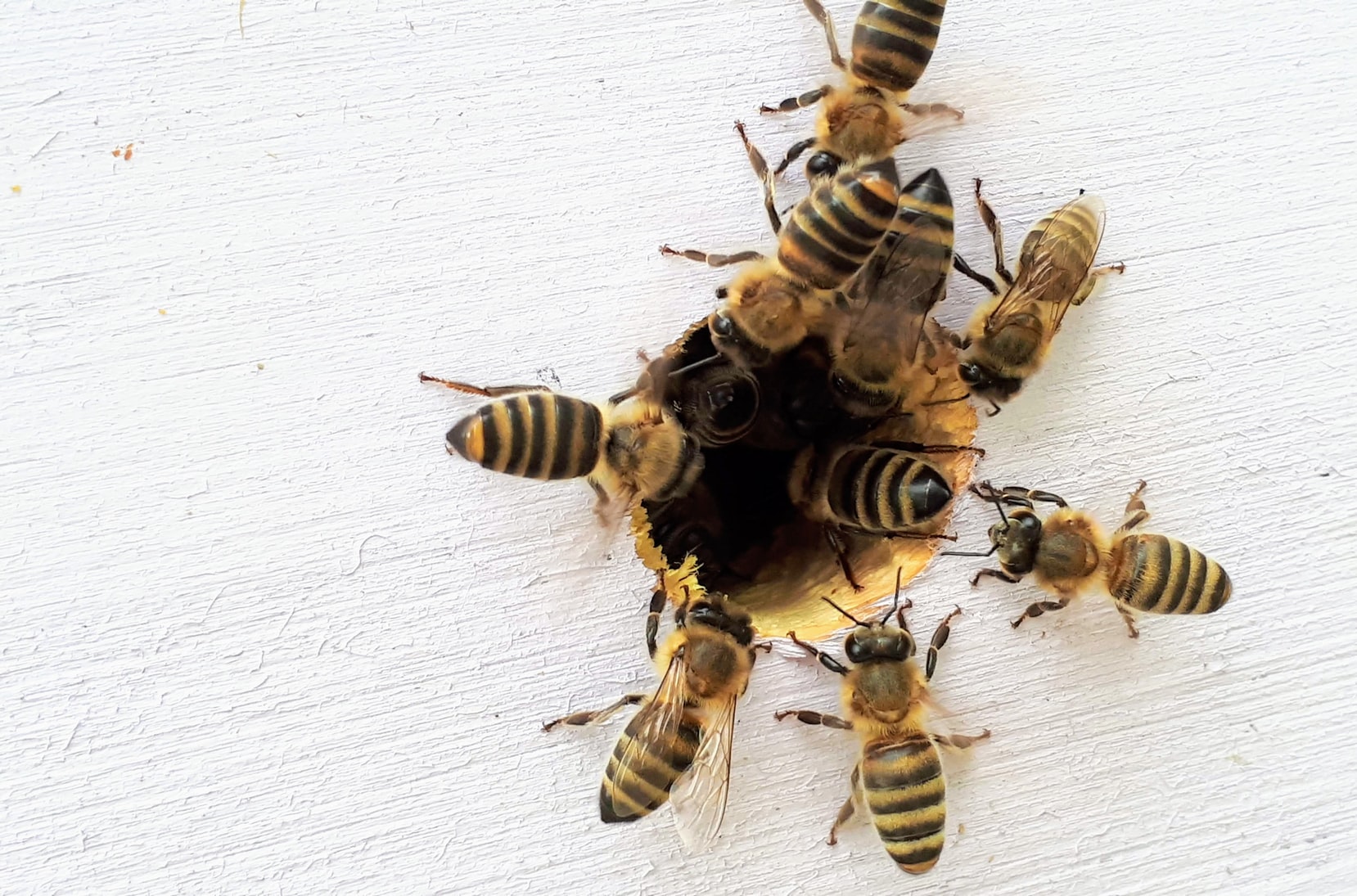Bees, the ancient guardians of our ecosystem, are under threat. In the last 10 years, 10 million hives have disappeared all over the world; a fact that alarms the scientific community. It is essential to find effective remedies to preserve their existence. An innovative and ingenious solution comes from Bee Saving Paper : the paper that saves the lives of bees.
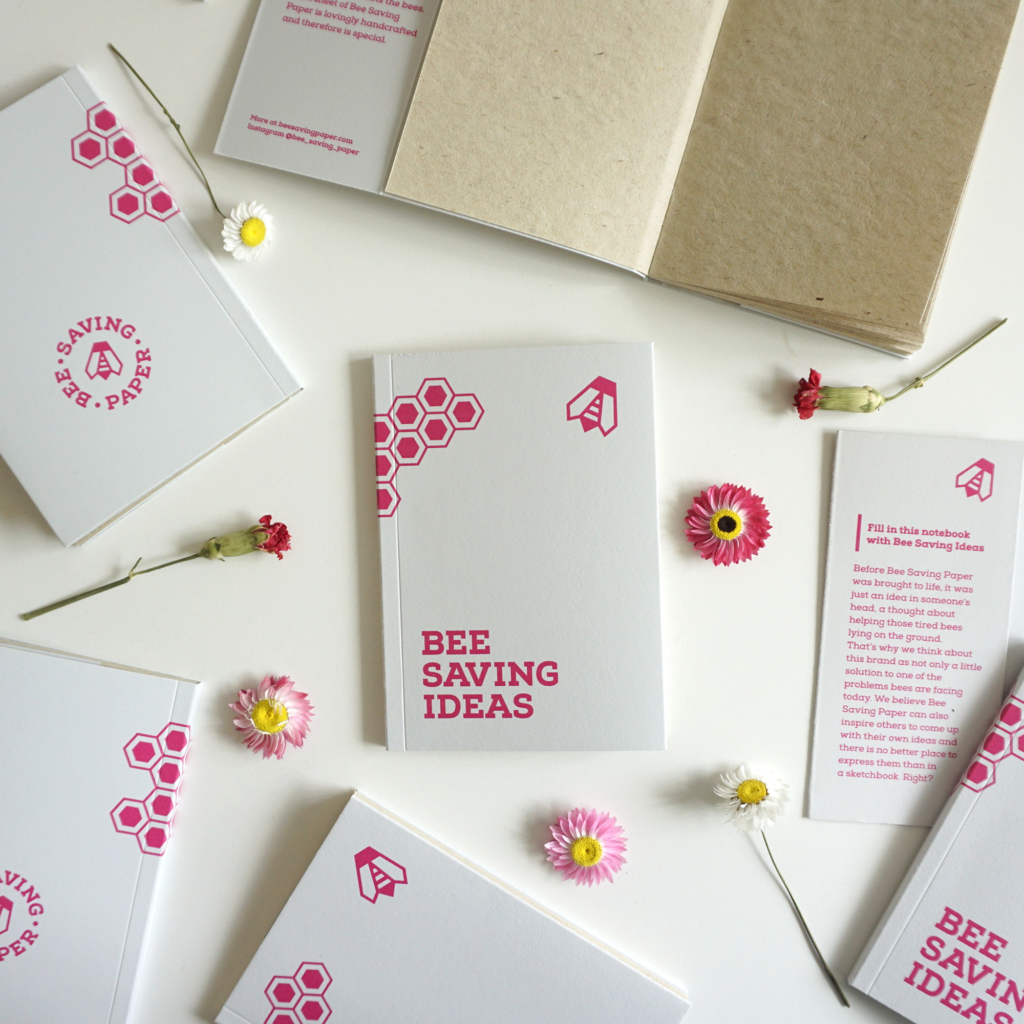
The idea is not improvisational, and it’s more incredible than it sounds. This 100% compostable and environmentally friendly material was born out of a practical need to restore strength to the thousands of bees that fall exhausted to the ground every day.
It happens in fact that these precious insects, due to urbanization and pollution, do not always have a nearby flower that can guarantee them the necessary nourishment, causing them to faint and then to die.
As with us humans, for bees a little sugar and water is just what they need to get their energy back up to sufficient levels, so they can fly and pollinate again.
Bee Saving Paper really works as an energy-drink for bees: it contains sugar, honey-plants seeds and lemongrass. By attracting small insects, a single piece of paper can feed them, saving them from wasting away.
So just imagine buying an agenda, using it for your notes, and then being able to peel off a small piece and leave it in a park or simply on your windowsill, knowing that a bee will enjoy its fibers in the absence of flowers.
The advice is also to plant Bee saving Paper. Yes, you read that right.
To make life easier for bees, the ideal would be to plant pieces of the product in the so-called “food-deserts”; areas made only of grass but without flowers. Nature will do the rest, making new buds grow and enriching the surrounding ecosystem.
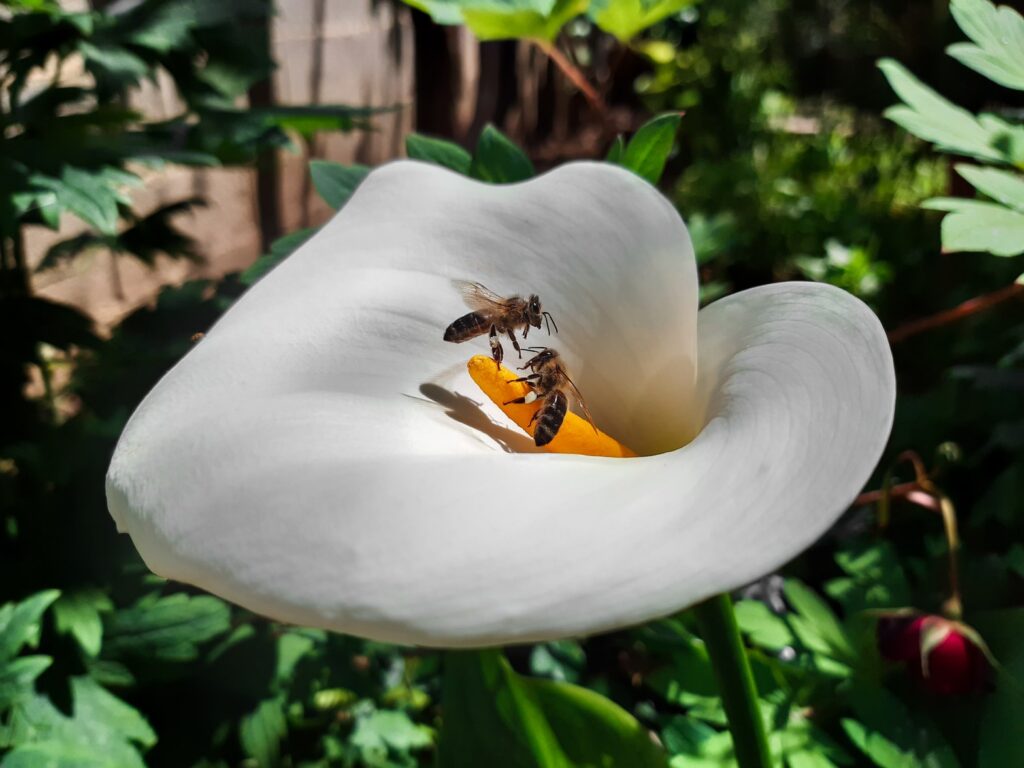
If you’re wondering why bees are so important, just know that their pollination activity is essential to the ecosystem and to maintaining biodiversity. Without them, the world and nature would be very different from what we know. Transporting pollen from flower to flower, bees have the task of promoting the reproduction of plants, which in turn absorb carbon dioxide, protecting our species.
In addition, bees are linked to the production of about 70% of the fruits and vegetables that arrive on our tables every day.
In their hives then, the magic of honey and wax is created, two elements that man has used since the dawn of time.
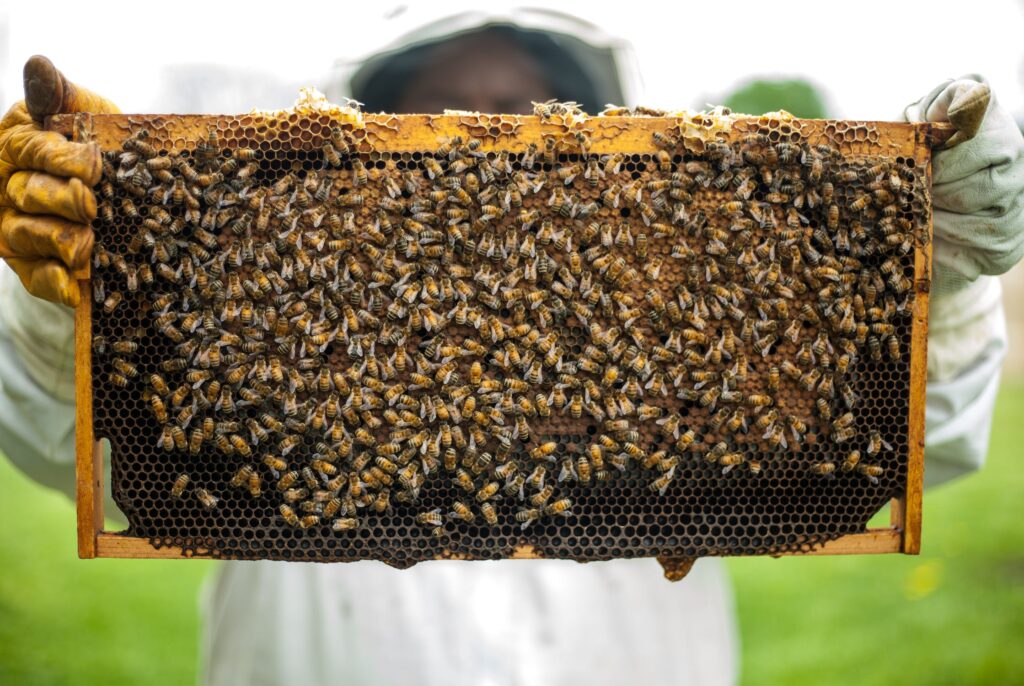
To draw attention to the importance of bees to ecosystems and the food production chain, in 2017 the United Nations General Assembly decided to proclaim May 20 as World Bee Day.
Since then, initiatives have multiplied that aim to protect and save the most important invertebrates in nature. Among these stands “Pollinate the Planet” by 3Bee, an Italian agri-tech start-up, which invites everyone to adopt a beehive and follow its development.
You can choose your beekeeper and the species of bee you want to save, helping to support the environment and agricultural production. So far Pollinate the Planet has already saved 70 million bees.
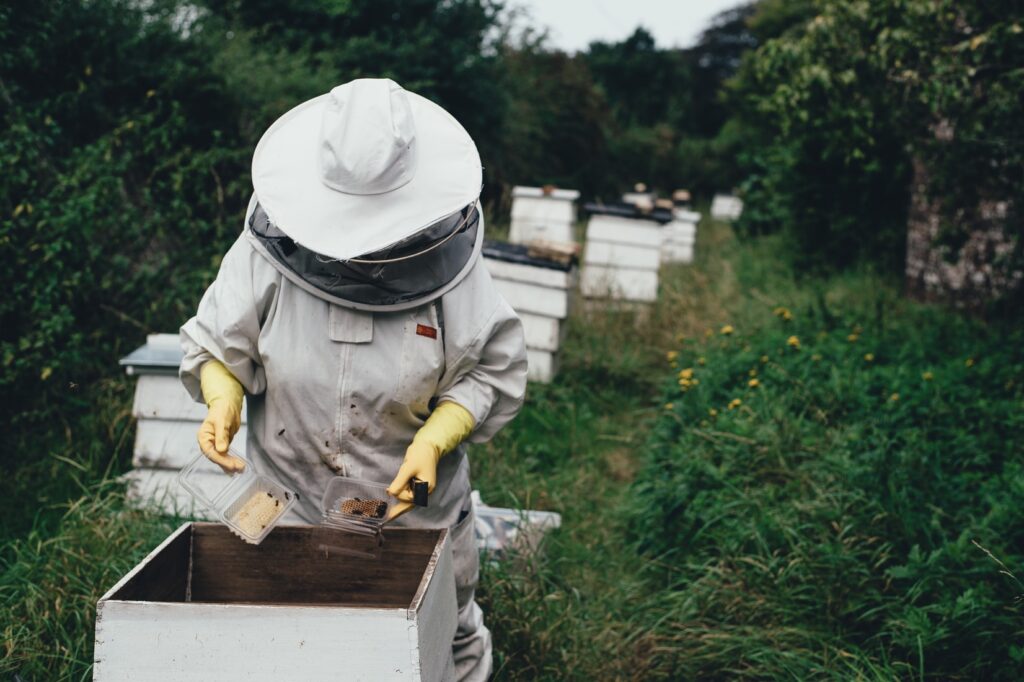
The topic of bee preservation, has been a trending topic lately, but few delve into its importance. The hashtag #Beethechange can be useful to discover bee-saving initiatives around the world. We suggest you explore it.
Everyone’s contribution is crucial and above all necessary, because a world without bees would mean the collapse of the ecosystem and a sharp deterioration in our quality of life.
We can be part of a great rescue operation, let’s try then!


